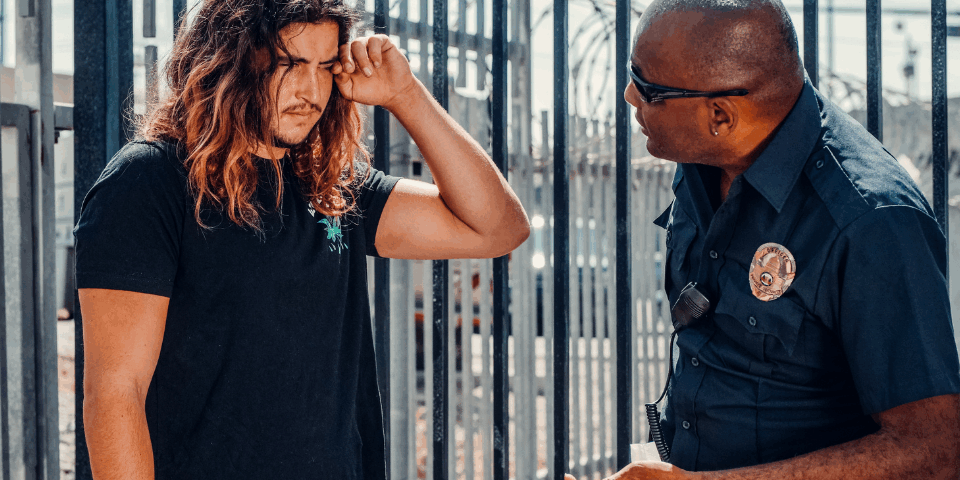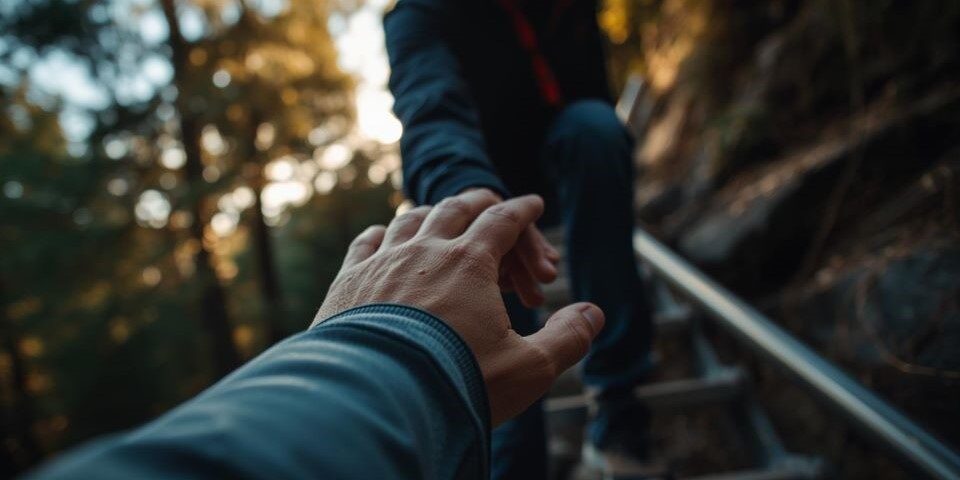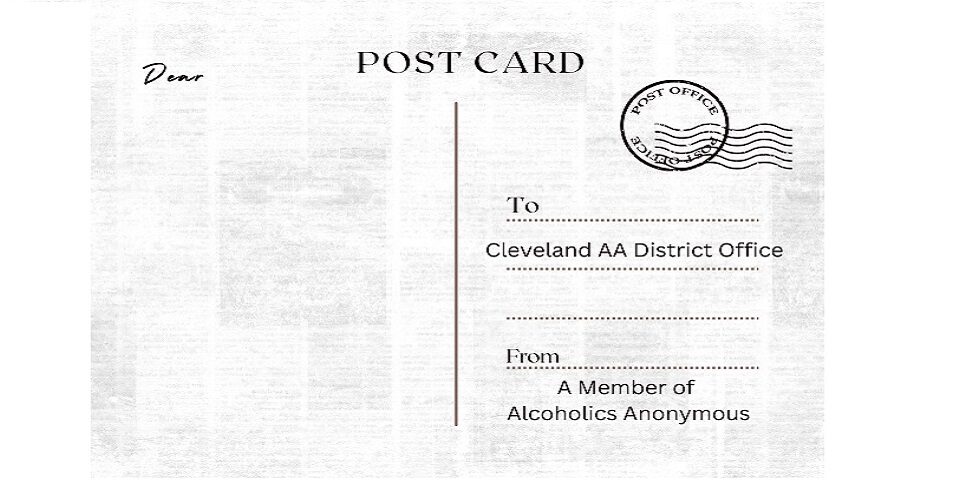
Those Other People
September 25, 2023
How Spiritual Joy Differs From Human Happiness
October 30, 2023
“As far as anonymity was concerned we knew who we were. It wasn’t only AA, but our social life. All of our lives seemed to be spent together. We took people home with us to dry out. The Cleveland group had the names, addresses, and phone numbers of all the members,” said Warren. “In fact, I remember Dr. Bob saying, …..
“‘If I got up and gave my name as Dr. Bob S., people who needed help would have a hard time getting in touch with me.'”
Warren recalled, “He [Dr. Bob] said there were two ways to break the Anonymity Tradition: (1) by giving your name at the public level of press or radio; (2) by being so anonymous that you can’t be reached by other drunks.”
In an article in the February 1969 Grapevine: “Dr. Bob on Tradition Eleven,” Volume 25, Issue 9, D. S. Of San Mateo, California, wrote that Dr. Bob commented on the Eleventh Tradition, “We need always maintain personal anonymity At the level of press, radio and films,” as follows:
“Since our Tradition of Anonymity designates the exact level where the line should be held, it must be obvious to everyone who can read and understand the English Language that to maintain Anonymity at any other level is definitely a Violation of this Tradition.”
“The AA who hides his identity from his fellow AAs by using only a given name Violates The Tradition just as much as the AA who permits his name to appear in the press in connection with matter pertaining to AA.”
“The former is maintaining his anonymity ABOVE the level of press, radio and films, and the latter is maintaining his anonymity BELOW the level of press, radio and films—whereas the tradition states that we should maintain our anonymity ‘AT’ the level of press, radio and films.”
Ernie G. of Toledo, commenting on what he saw to be an increase of anonymity within AA today as compared with the old days, said, “I made a lead [trip to bring message] over to Jackson [Michigan] one night, and everybody’s coming up to me and saying, ‘I’m Joe; ‘I’m Pete.’ Then one of the guys said, ‘Safe journey home. If you get into any trouble, give me a buzz.’
Later, I said to the fellow who was with me, ‘You now, suppose we did get into trouble on the way home. How would we tell anyone in AA? We don’t know anyone’s last name.’ They get so doggone carried away with this anonymity that it gets to be a joke.” I had a book [evidently one of the small address books compiled by early members or their wives] with the first hundred names–first and last–telephone numbers, and where they lived.
Dr. Bob’s views on anonymity remained clear in the recollections of Akron’s Joe P. [The Dartmouth grad]. Though it was not the custom in the mid-1940’s to give AA talks to anyone except drunks, Joe noted, a few members formed an unofficial public information committee that started to speak to Rotary and Kiwanis Clubs throughout the state.
Excerpt from Dr. Bob and The Good Oldtimers, p 264-265




All comments are reviewed for anonymity. Learn More